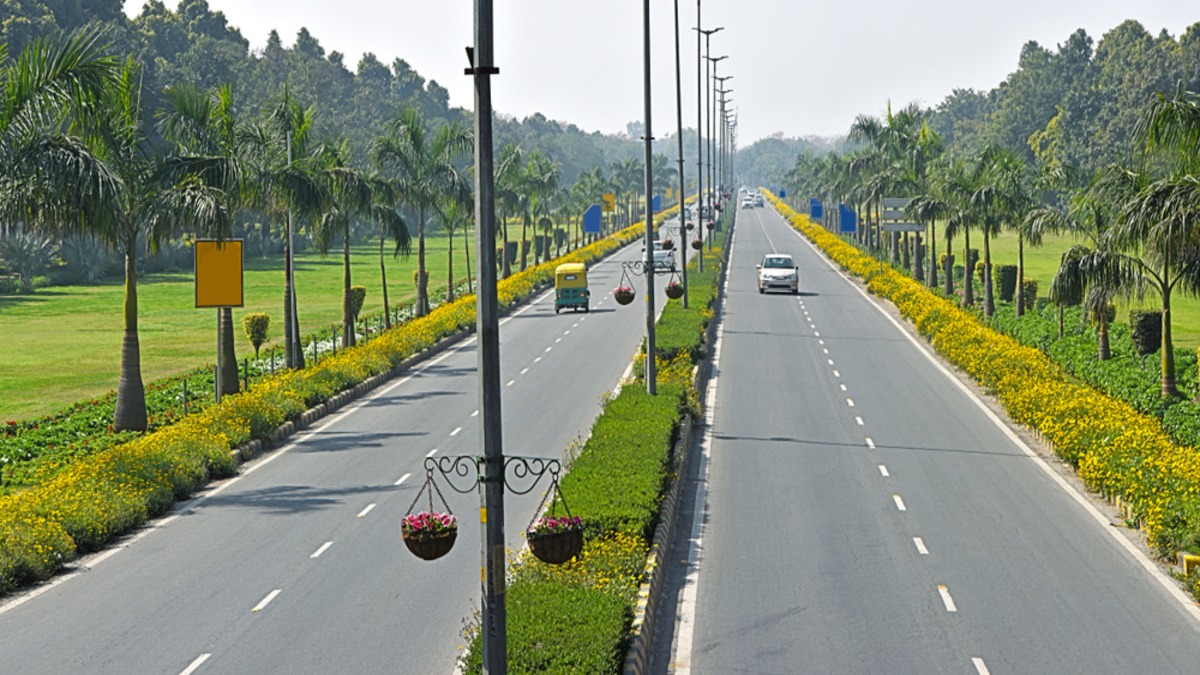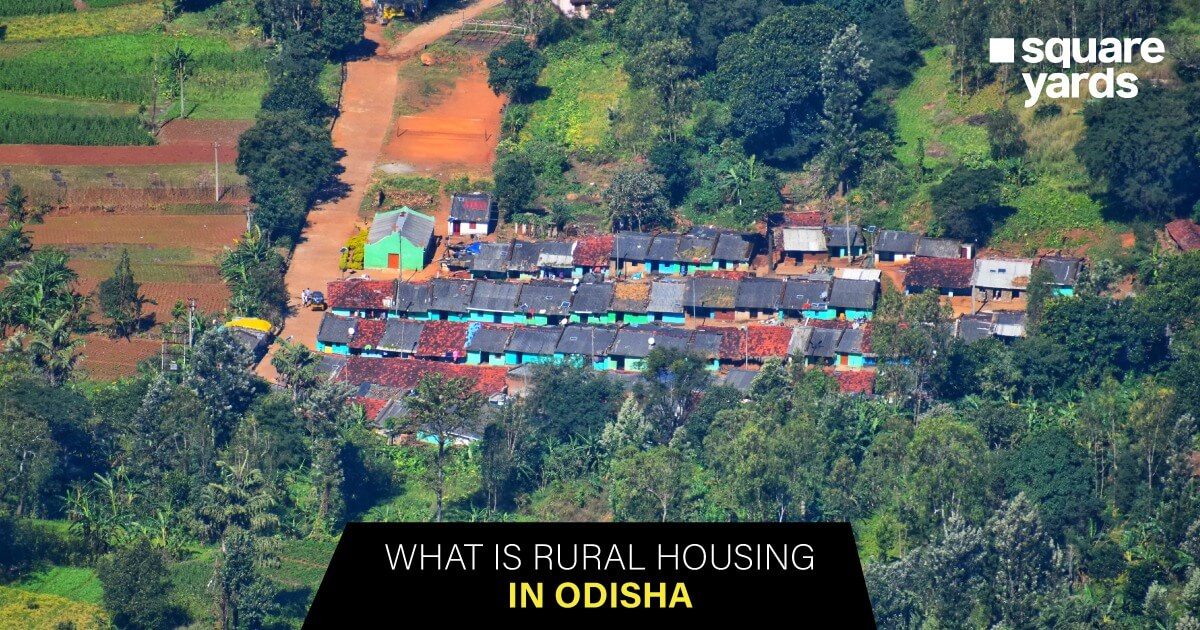Spotless streets, upgraded infrastructure, and clean surroundings—this is India’s new reality. With the success of ambitious initiatives like the Smart City Mission, sustainability and sanitation have become important pillars of India’s development story. From the historic lanes of Indore to the modern promenades, the “sweeping” changes can be observed everywhere.
This vision of a cleaner, greener future is fuelled by innovative waste management practices and creative recycling solutions. From government policies to startup innovations, the collective commitment to public hygiene is unprecedented. As the country raises the bar of urban development, this blog will take a look at the 12 cleanest cities in India.
Table of Contents
List of Top 12 Clean Cities of India
The Indian government’s Swachh Survekshan survey continuously emphasises exceptional achievements in cleanliness. The government has demonstrated its unwavering commitment to sustaining cleanliness by excelling in several areas. Some of the most clean cities in India are mentioned below:
Indore, Madhya Pradesh
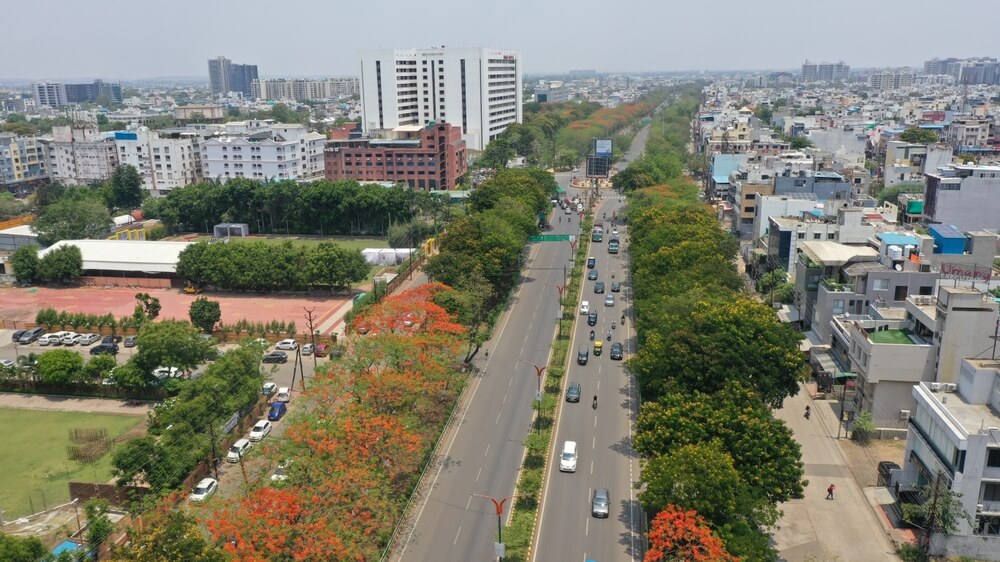
Indore is one such city that has a wonderful blend of monuments, forts, and traditional delights. When Prime Minister Modi launched the Smart City Mission in 2016, he had a big ambition. The objective was to make cities accessible while also serving as a model for sustainable growth. As a result, the Swachh Survekshan Survey named Indore India’s cleanest city for six consecutive straight years, from 2017 to 2022. All thanks to the planned waste segregation and disposal conversion. The locals’ voluntary involvement must be appreciated for making Indore’s reputation as a model of impeccable hygiene and establishing a high standard for urban hygiene in India. Moreover, the city has demonstrated enormous potential for return on investment because of the Metro projects, IT companies, and other commercial projects.
Surat, Gujarat

Gujarat’s second-largest city, Surat, gets its name from Saurashtra, which means “the good ground.” Surat, the clean city of India, has made great efforts to maintain its cleanliness by implementing sustainable development projects such as solid waste recycling and solar energy. As a result, it has been listed as second India’s cleanest city for 2020.
Navi Mumbai, Maharashtra
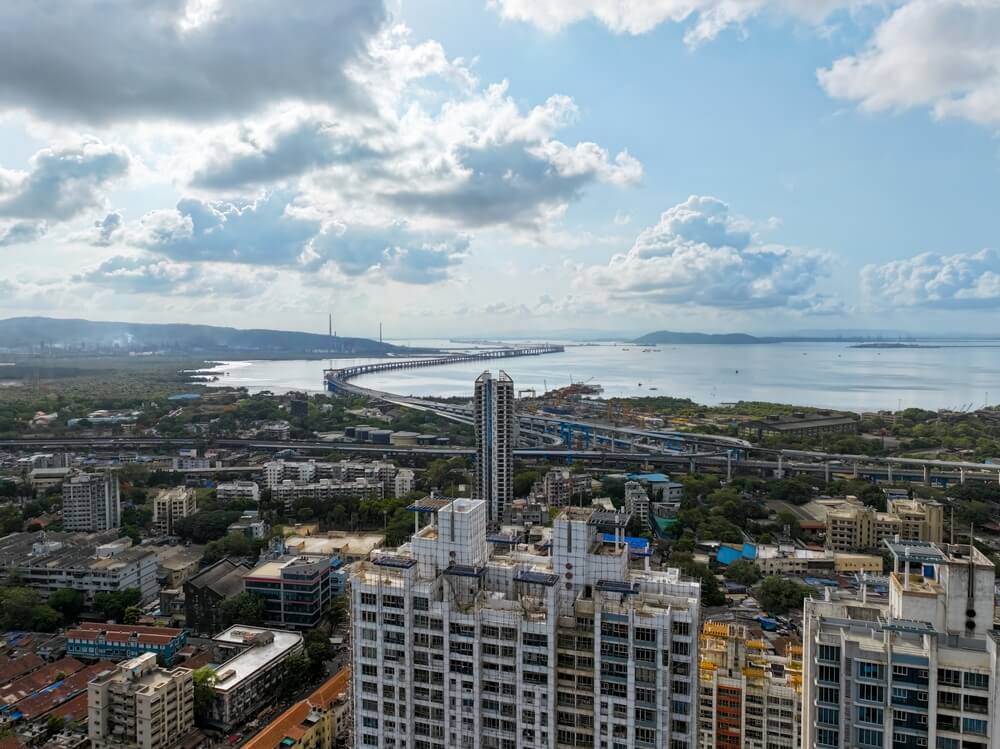
According to the government’s 2020 Swachh Survekshan initiative, Navi Mumbai is the third-cleanest city in India. The well-planned city set a benchmark for other parts of the Maharastra state by combining several contemporary techniques and inspiring the populace to create sustainable funding. The city has effective waste management systems, spacious areas, and immaculate roads. The city’s cleanliness is demonstrated by the state of its public areas, such as bus stops and train stations. To maintain cleanliness, hygiene drives, frequent checks, and fines were common in Navi Mumbai.
Mysore, Karnataka
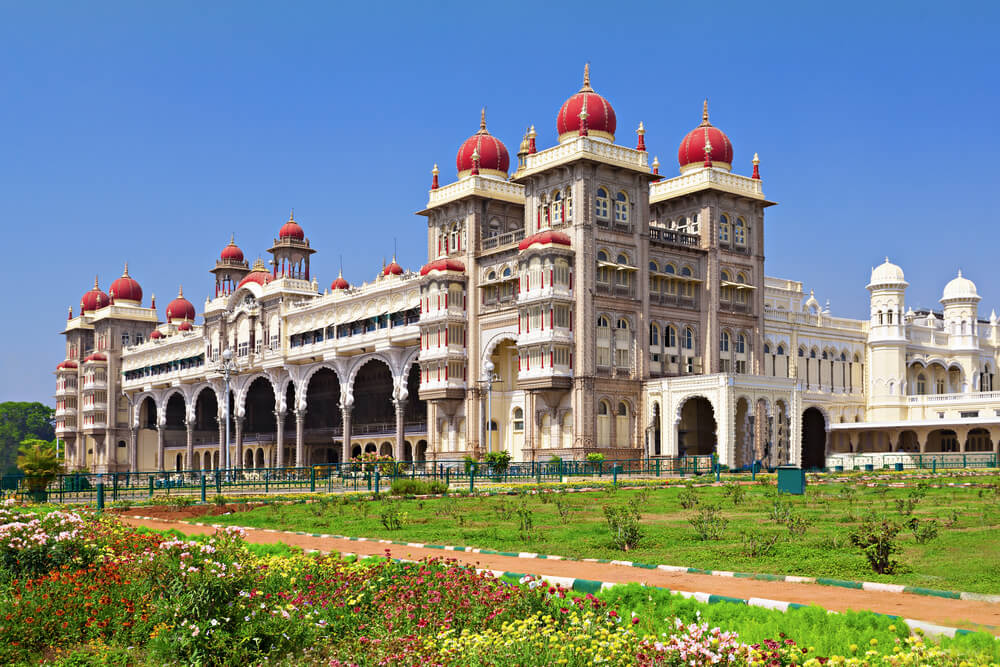
Thousands of tourists yearly visit Mysore, the third-most populous city in Karnataka, because of its rich cultural legacy. It has a rich history, stunning royal ancestry, and elaborate architecture and is well-known for its silk sarees, meditation, and sandalwood. The city is called ‘Garden City’ or ‘City of Palaces’. Besides, efficient residential recycling and meticulously planned waste management have made Mysore among the top 10 cleanest cities in India.
Bhopal, Madhya Pradesh

Bhopal is positioned in the central Indian state of Madhya Pradesh. It is known as “The City of Lakes” and is one of India’s greenest cities. Besides, Bhopal is considered one of the most economically secure cities and one of Madhya Pradesh’s two strong revenue foundations. Moreover, under Prime Minister Narendra Modi’s flagship, Smart Cities Mission (SCM), the city has been voted India’s cleanest city three years in a row—in 2017, 2018, and 2019.
Vijayawada, Andhra Pradesh
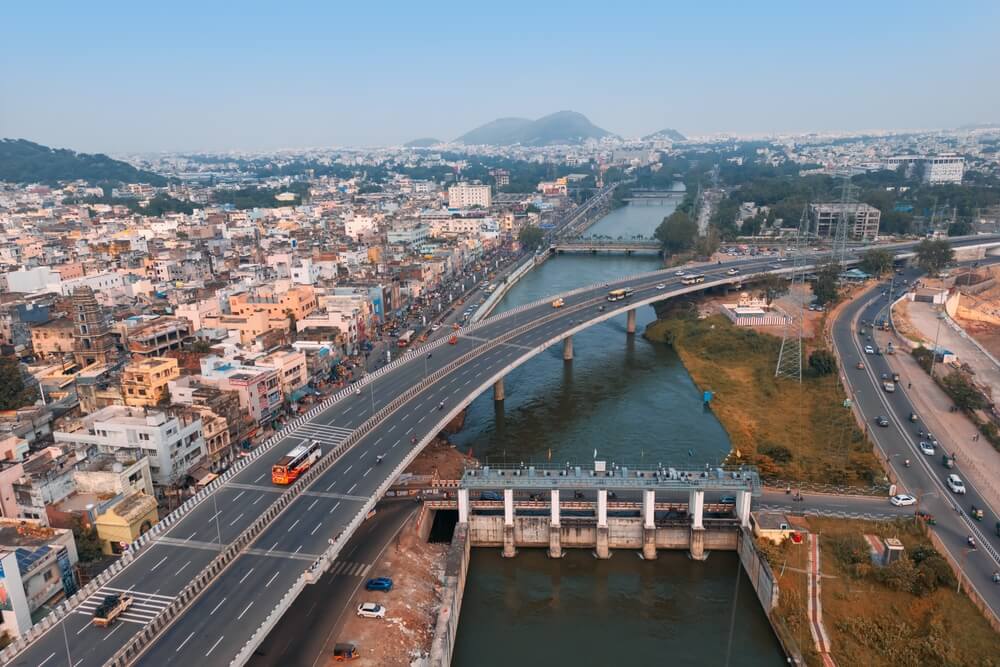
‘The Place of Victory’, Vijayawada, is home to delicious fruits, astounding sweets, and breathtaking scenery. Under the Swachh Bharat scheme survey, Vijayawada has been positioned as the third largest city in Andhra Pradesh and India’s sixth cleanest city. The city is bordered to the west by the Budameru River and Indrakeeladri Hills. It is situated on the banks of the stunning Krishna River. Vijayawada is the pinnacle of sanitation and well-being in India. The city is renowned for its routine trash disposal, well-managed wastewater treatment facility, clean water bodies, and efficient disposal system.
Chandigarh
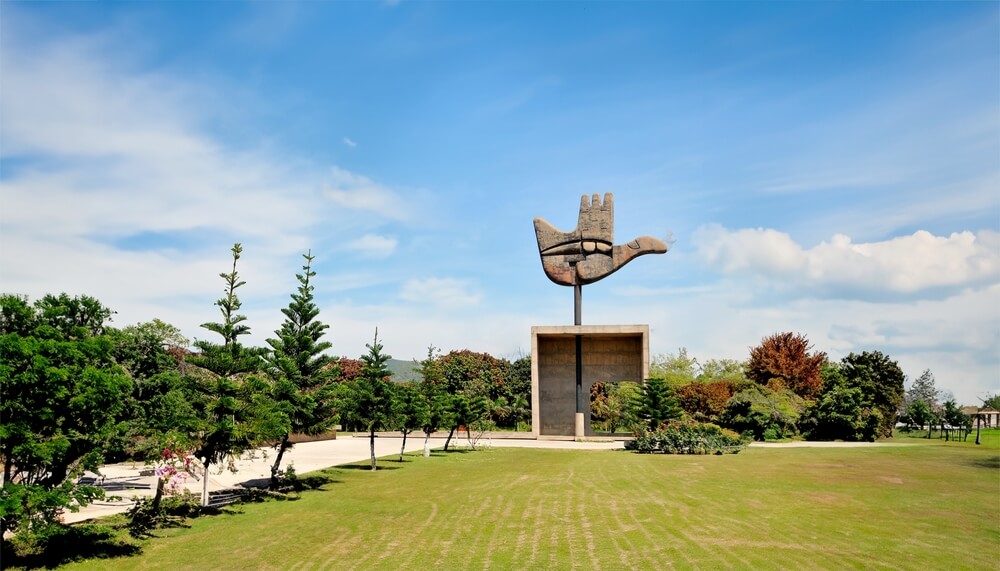
Chandigarh is situated on the gently sloping plains formerly home to a sizable lake encircled by marshes. Fossilised remains have been found there, which indicates that the environment supported a diverse range of aquatic and amphibious life. Historical records indicate that the Harappans inhabited the area approximately 8000 years ago.
With creative, innovative approaches, Chandigarh city has undertaken initiatives relevant to fundamental infrastructure amenities such as drinking water and wastewater, hygiene, and urban transportation.
Ambikapur, Chhattisgarh
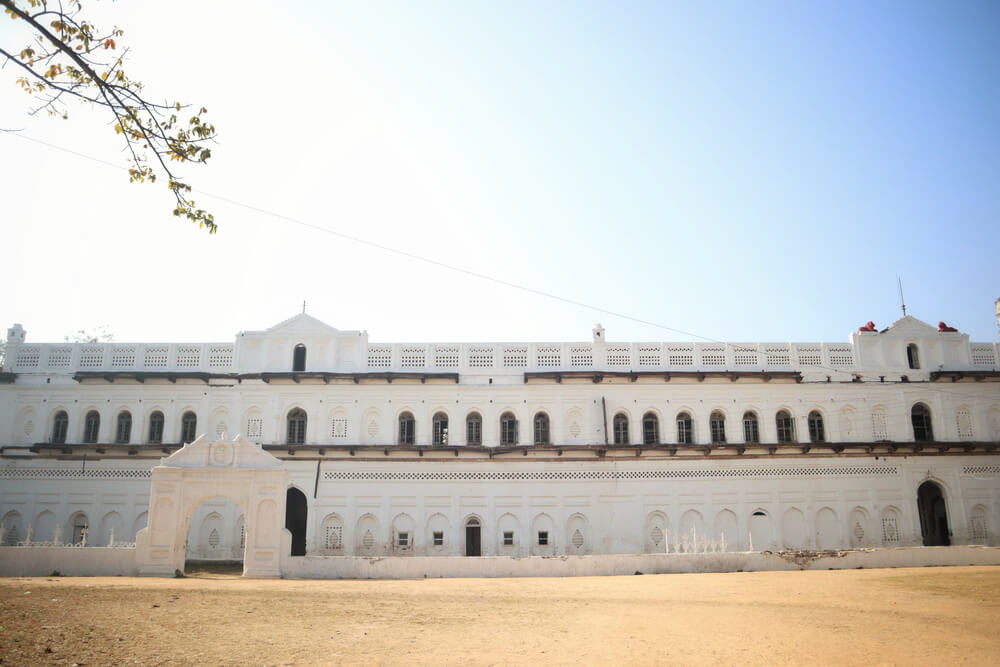
Ambikapur, a tiny and drowsy town in Chhattisgarh state, has recently gained attention after ranking as the fourth cleanest city in India by the Swachchh Survekshan 2020. Although the town offers many tourist attractions, the most well-known ones are Shivpuri Shiv Temple, Rakasganda Falls and Jogimara Caves. Further, Ambikapur has set an example by introducing the recycling waste materials business into capital growth.
New Delhi, Delhi
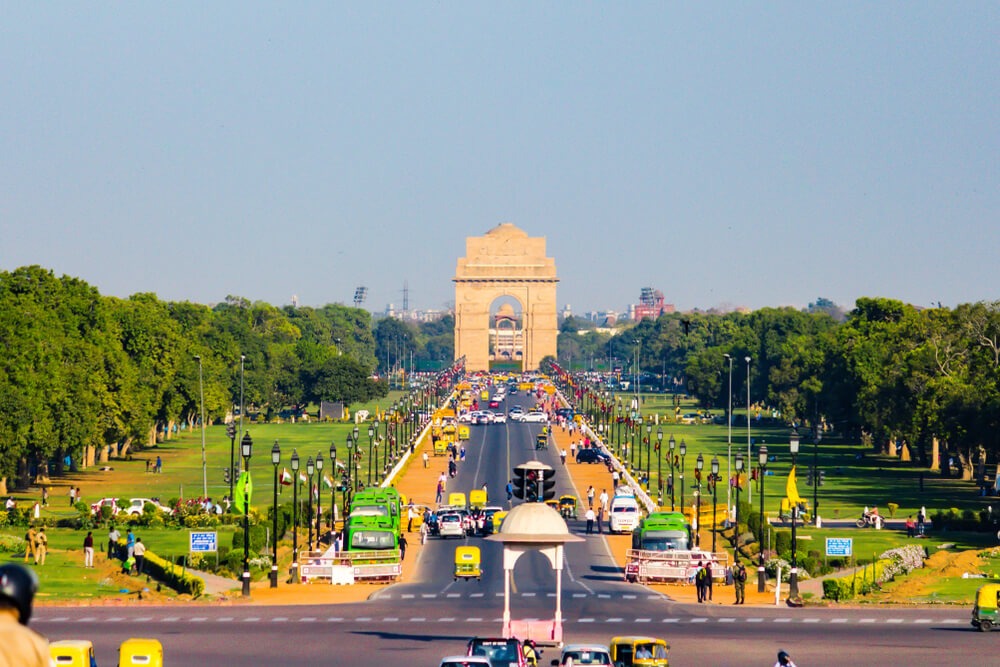
New Delhi! Dil Walo ki Dilli. Yes, you heard that right! Surprisingly, New Delhi has marked its position on the list of most clean cities in India. Implementing laws such as prohibiting fireworks, limiting growth, and rotating odd-even vehicles have helped lower the city’s air pollution levels. The city is known as the soul city with everything from archaeological sites to overcrowded shopping malls and a comprehensive network of contemporary metro systems.
Don’t Miss It!
| Smart City Ludhiana | Ludhiana Smart Cities Projects & Mission |
| Smart City Dholera | Dholera Smart Cities Projects & Mission |
| Smart City Surat | Surat Smart Cities Projects & Mission |
| Smart City Nagpur | Nagpur Smart Cities Projects & Mission |
| Smart City Karnal | Karnal Smart Cities Projects & Mission |
| Smart City Ajmer | Ajmer Smart Cities Projects & Mission |
| Smart City Karnal | Karnal Smart Cities Projects & Mission |
| Smart City Kalyan | Kalyan Smart Cities Projects & Mission |
| Smart City Udaipur | Udaipur Smart Cities Projects & Mission |
| Smart City Bhopal | Bhopal Smart Cities Projects & Mission |
| Smart City Varanasi | Varansi Smart Cities Projects & Mission |
| Smart City Udaipur | Udaipur Smart Cities Projects & Mission |
Ahmedabad, Gujarat
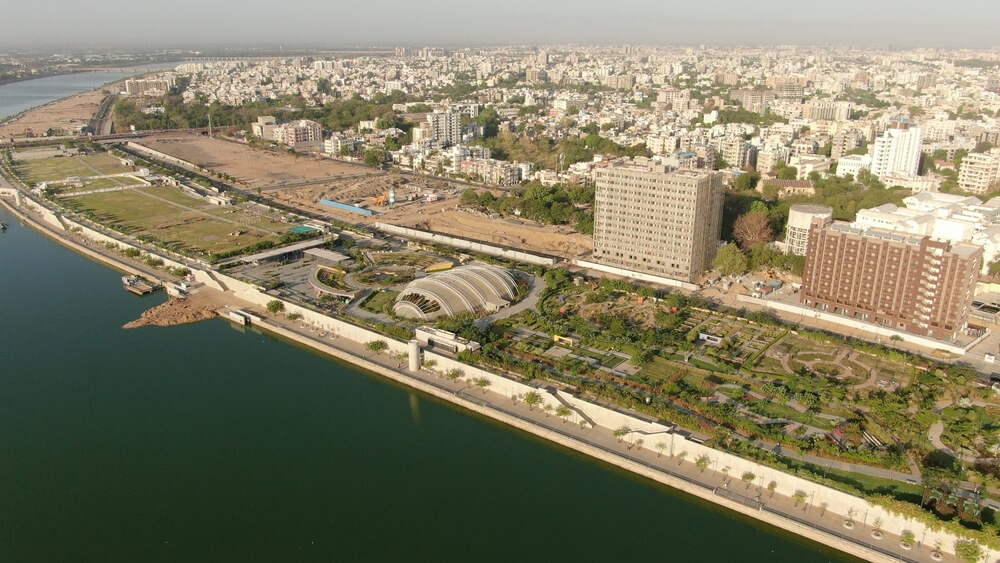
Ahmedabad, one of Gujarat’s most significant cities, is a fast-expanding metropolis with a rich industrial history, a prominent position in the education sector, and a magnificent past. Owing to all these advancements, Ahmedabad has been rated as the seventh cleanest city in India.
With environmental programmes that support clean air and routine water body monitoring, the city provides an optimal environment for its citizens. As a result of their successful door-to-door trash collection programme, they were named the cleanest “big city in the country.” Ahmedabad, the former capital of Gujarat, is a rapidly expanding tourist destination due to its vibrant culture and delicious food.
Rajkot, Gujarat
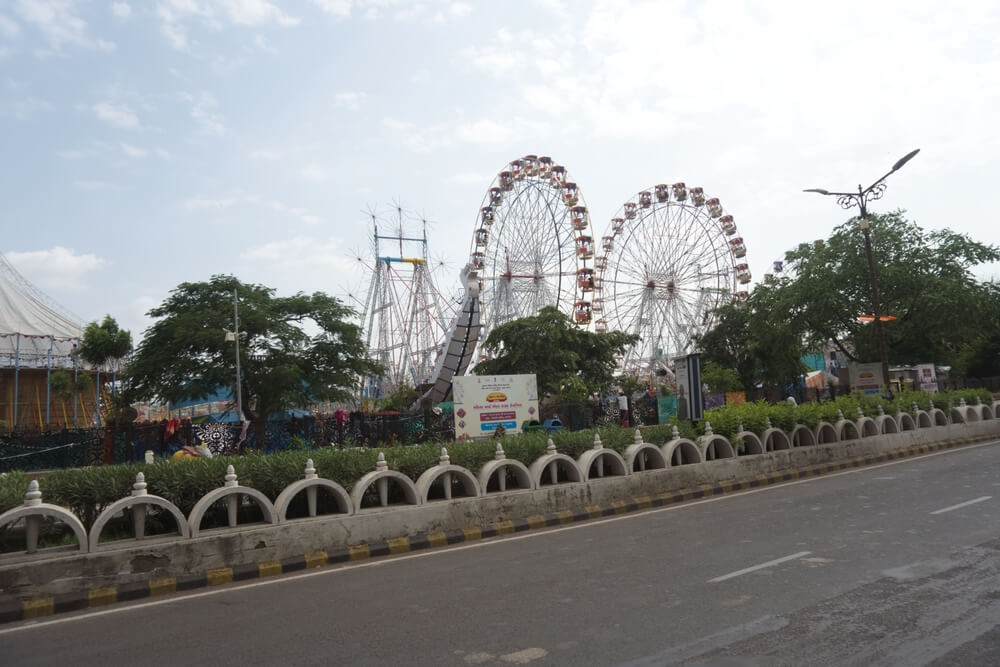
Rajkot is situated in Gujarat, one of India’s cleanest and fastest-expanding cities, famous for various temples, historical sites, parks, etc. Introducing excellent public facilities, effective waste disposal, and a flawless environment has resulted in the minimum amount of pollution. This has made the city’s atmosphere exceptional. Due to stringent laws, Rajkot manages good water quality thanks to its efficient filtering infrastructure.
Tirupati, Andhra Pradesh
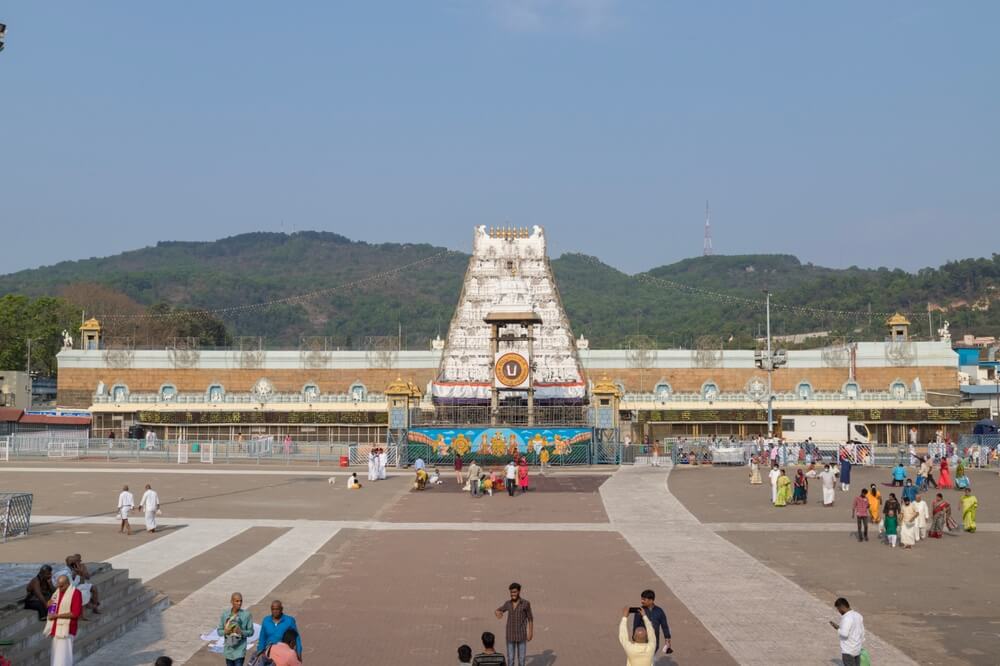
Home of Lord Balaji, Tirupati is ranked 12th on the 2020 Swachh Survekshan list. This ancient city has a good chance of winning the title of India’s cleanest city in 2022. All year, pilgrims travel great distances to Tirupati to honour Lord Sri Venkateshwara Swamy of Tirupati Balaji. In addition to its spiritual importance, Tirupati has been recognised through the Swachh Survekshan rankings for its efforts to maintain hygiene.
Goal of Making India the Cleanest Country
Choosing the Smart City project aims to advance the city’s infrastructure, give its citizens clean, healthy environments, and use creative and resourceful methods to build a sustainable environment. The Smart City proposal primarily concerns equitable growth and a strategy for concentrating on compact areas. This Mission will use cutting-edge development, smart technology, and a safe environment to boost the local economy and enhance the quality of life for its citizens. Taking into account each of these factors will undoubtedly yield wise results.
To sustain the cleanest tag, the central and state governments will later offer investors various advantageous prospects in property development, hospitality, wellness, and educational opportunities. Every plan has been created to ensure that all the necessities are met, including high-quality sewage, IT connectivity, digitisation, e-governance, and more.
Contributing Factors to Clean City of India
Numerous contributing factors to making the city clean are listed below:
- Littering: Even after reading from the board, people still litter. These waste materials are causing several health issues. India has made great strides towards ecological responsibility and cleanliness owing to its strong waste disposal systems. Waste reduction, efficient disposal, reuse and recycling, and waste-to-energy conversion are the main goals of these mechanisms. The government has launched several waste management procedures to maintain a cleaner and more sustainable India.
- Air Pollution: Nowadays, maintaining moderate air quality has become difficult due to the increase in vehicles, crop residue burning in neighbouring cities, etc. Thus, global warming is showing its true colours significantly. Therefore, the government has introduced several measures to control air pollution. Like odd-even car methods, work-from-home, switching from petrol to electric cars and much more.
- Hygiene Water: Some Indian cities have maintained their cleanliness despite increasing populations, which helps improve the water quality. This is due to the collective efforts of the local government’s effective management and the dedication of volunteers. They guarantee clean water, improving residents’ lifestyles and health.
Bottom Line
Prime Minister Narendra Modi and the government of India’s dream project is to make Indian cities the cleanest. Significant efforts have also been made in this direction by the Indian government. As a result, cities compete for the top spot in the Swachh Survekshan Survey. This helps place these cities on the world map and attract investment viable in the long run.
FAQ’s about Cleanest Cities of India
Q1. Which is the No. 1 clean city in India?
Indore is ranked number 1 in the cleanest city in India.
Q2. Which city is called Green City?
Mysore and Chandigarh are known as the green cities of India, as a large variety of plants are planted in the entire city.
Q3. Which is known as a black city?
Kolkata is known as a black city. This city is called a black city because of excessive levels of pollutants and industrialisation.
Q4. Which city is known as Diamond City?
Surat is recognised as the Diamond City of India because of its diamond polishing and cutting industry.


